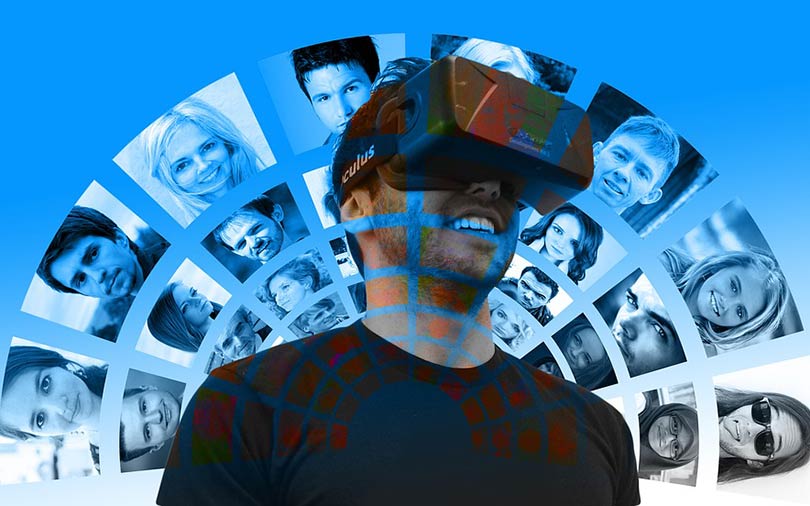
Now, confront your body-image issue in a virtual dressing room


Suffering from a distorted body image that has led to anorexia, a condition that fuels irrational fear of being overweight? Well, old-fashioned talk therapy can help with self-esteem and behavioural changes. But how about new-age virtual therapy?
That’s right. Psious Toolsuite uses sceneries powered by virtual reality to ease anxieties and body-image issues of patients with eating disorders such as bulimia, anorexia and binge eating, says The Wall Street Journal.
As part of the programme, the patient is first immersed in a beach or a lounge, conjured up by virtual reality, to ease up his/her anxiety. Then, he/she is deliberately dipped in a virtual environment that invokes stress for him/her, such as a restaurant or a dressing room. This is done to help the patient confront his/her body-image issues in order to alleviate the eating disorder.

Howard Gurr, a psychologist from New York who uses Psious to provide virtual reality therapy for a number of phobias including fear of flying and public-speaking anxiety, told WSJ: “With virtual reality, I can control their environment, so I can go through the entire process of desensitising their anxiety and it’s in my office.”
The product of a Spain-based virtual reality company Psious, Psious Toolsuite has a range of virtual sceneries where professionals control the setup, monitor patients’ stress levels and educate their perceptions. For instance, the dressing-room setting helps a patient to perceive a self-image with the use of a virtual body.
Later, the therapist introduces another virtual body representing the patient’s real measurements. The patient, then, can compare the thought-of image with the real image to get the correct sense of his/her actual body size.

“It’s like getting a flu shot. You get a small dose of the disease and when the actual flu hits, you’ve had prior experience in dealing with it,” Robert Reiner, another psychologist who uses virtual reality therapy, told WSJ.
Gurr revealed that virtual reality has been extremely effective, with about 90% success rate in overcoming eating disorders.
The previous virtual reality programmes had been very expensive, almost up to about $15,000 a kit. The Psious programme, by comparison, is much less expensive. It has three tiers of subscriptions: basic $39-a-month plan including four treatment sessions; professional $99-a-month that allows 12 sessions; and a $1,299-a-year plan which allows unlimited sessions.

A 2017 analysis of the reports from 19 studies conducted by researchers from Federal University of Rio de Janeiro found “potential utility in improving motivation for change, self-esteem, body-image disturbances and in reducing binge eating and purging behaviour”, WSJ said.
